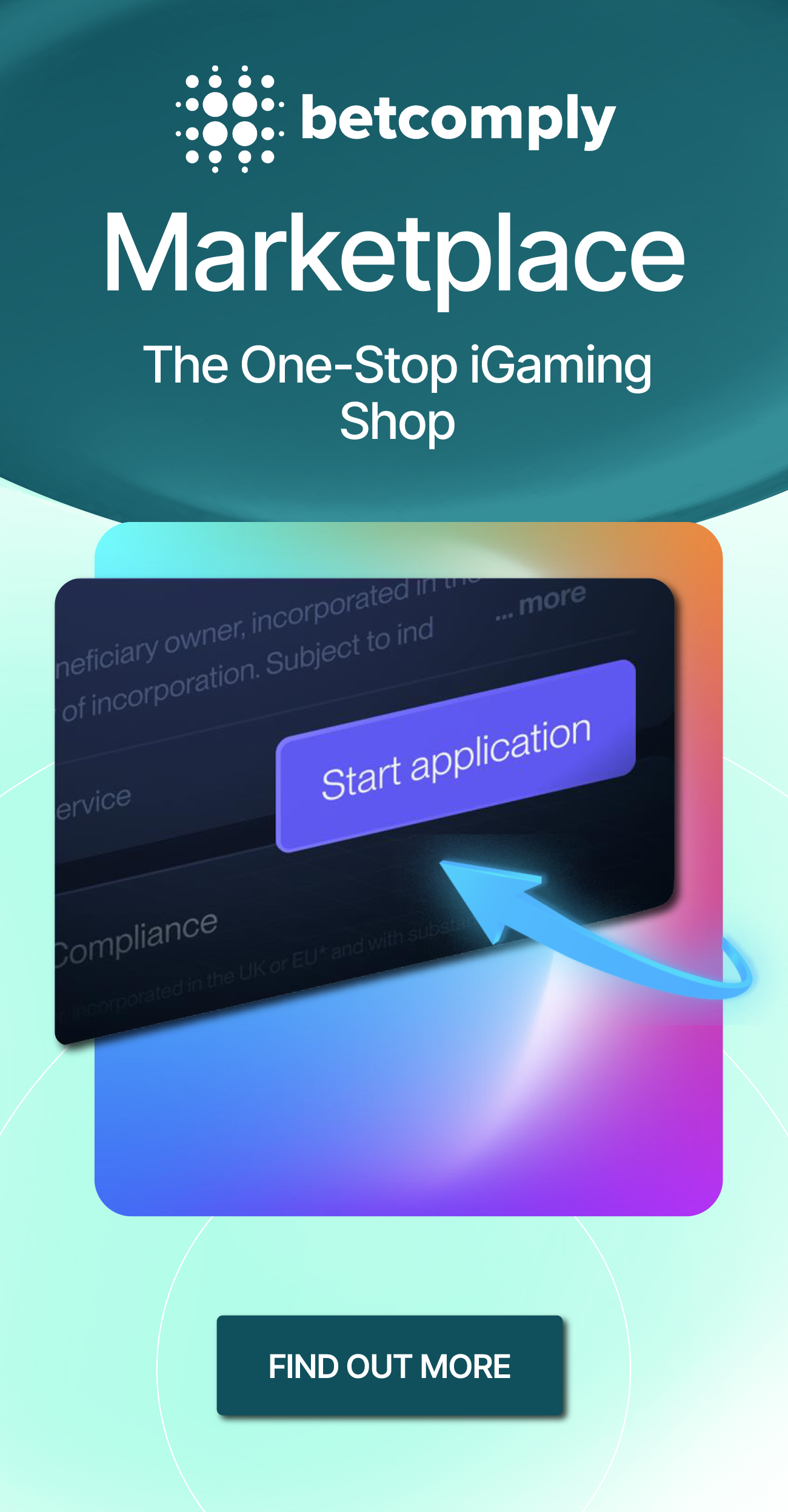Africa’s gambling markets are finally waking up from their long regulatory slumber. And the industry is eager to gain market share on the continent.
Governments from Nairobi to Kinshasa are rushing through new laws and cracking down hard. Kenya’s just-adopted Gambling Control Bill demands 30% Kenyan ownership of every license, and regulators slapped an immediate 30‑day moratorium on all gambling ads for “rampant” youth exposure. In Botswana, the new Gambling Authority just issued the country’s first sports-betting and limited payout machine licences, but only to mostly citizen‑owned firms. Nigeria’s Supreme Court has now tossed aside the federal lottery law, leaving each state free to draw up its own gaming rules. Ghana, eager for growth, scrapped its 10% tax on player winnings after bettors went offshore. Both Congos are drafting tough new frameworks: Brazzaville enacted a national gambling law and set up a new regulator, and Kinshasa’s government adopted a draft bill to lay out strict game‑of‑chance rules. Uganda is going high-tech with a 2025 bill that will require all payout transactions to go through a Bank-of-Uganda-licensed payment gateway, linked to national IDs, so every shilling can be tracked.
These moves show that Africa means business: regulators are writing the rules and every operator, big or small, will be held to them.
The opportunity is real, but so is the risk of blowing it through bad behavior. I’ve said this many times before and will say it again: don’t shoot yourself in the foot with a marketing gun.
We’ve seen the headlines across countries about flashy ads at odds with these new laws. In Kenya, the Betting Control and Licensing Board explicitly warned that broadcasters and social-media influencers were pushing ads “during the watershed period” and normalizing gambling to minors. The response? A blunt shutdown of every promo for a month.
In Namibia, licensed outfits tried to dodge newly‑due levies under the old 1994 law by citing a 2020 side-deal, but the High Court summarily threw out their claims and insisted all pay up under the 2021 Act.
If even established companies are messing with rules and their obligations, that’s a red light regulators get a reaction to like bulls do.
You stir up the regulator, they crack down on you. It’s a vicious circle we’ve seen before.
Meanwhile, marketing campaigns and half‑baked roll-outs have regulators on edge even further. Social-media influencers, celebrity endorsements and “bet-now” pitches that western regulators have mostly banned are still common in parts of Africa, and governments are warning it’s no longer acceptable. The Kenyan ad ban, for example, was explicitly blamed on “rampant airing” of ads that “gradually draw” young people into addiction. In Botswana, the Authority’s message is equally clear: no underage gambling, no flimsy identity checks, no shortcuts. Those public lectures on AI monitoring and a 5% CSR pledge by new operators weren’t fluff, they were warnings. Ugandan officials are openly talking about untaxed play in village markets and tying every payout to a bank gateway and ID check. Put bluntly: if your company thinks it can import “European marketing” or appease regulators with just a handshake, think again. Africa’s regulators are learning the lessons of casinos and sportsbooks elsewhere and they’ll enforce them.
This is a wake-up call to the industry. Treat these markets as low-hanging fruit and you’ll fail. Every example above illustrates the flip side of “rapid reform”: if companies don’t behave, governments will clamp down. Kenya has shown it won’t blink, suspending ads overnight; Botswana is already barring foreign dreams by insisting licences stay with locals; Nigeria is multiplying licensing hurdles; Ghana’s tax repeal has operators on notice that missteps won’t be tolerated. The gamblers are out there, but they won’t come to a market where they feel cheated by shady promotions or find offshore platforms tempting due to poor local service. Africa needs a legal, regulated industry that can compete responsibly and not another burner story for marketing departments.
The bottom line: this continent is offering a moment of opportunity that most industries only dream of. Major economies and regulators are bending over backwards to shape a modern, sustainable gaming sector. But the rewards go to those who play it straight. Act responsibly, align with each country’s rules and cultural context, and invest for the long haul, or risk provoking exactly the kind of heavy-handed regulation the industry suffered in Europe and the UK. Africa doesn’t need another cautionary tale. It needs a gambling industry that behaves like it wants to stick around and help build the market for the next generation. Don’t squander this chance; the world is watching, and the regulators are already writing the next chapter, and that could exclude you.
Navigating this patchwork of new rules, evolving enforcement, and cultural context isn’t easy. That’s why operators are increasingly turning to experienced partners like BetComply who understand not just what the law says, but how it’s enforced in practice. Whether entering Kenya, expanding in Ghana, or preparing for Nigeria’s state-level challenges, the right compliance guidance can mean the difference between long-term success and a short-lived mistake.





